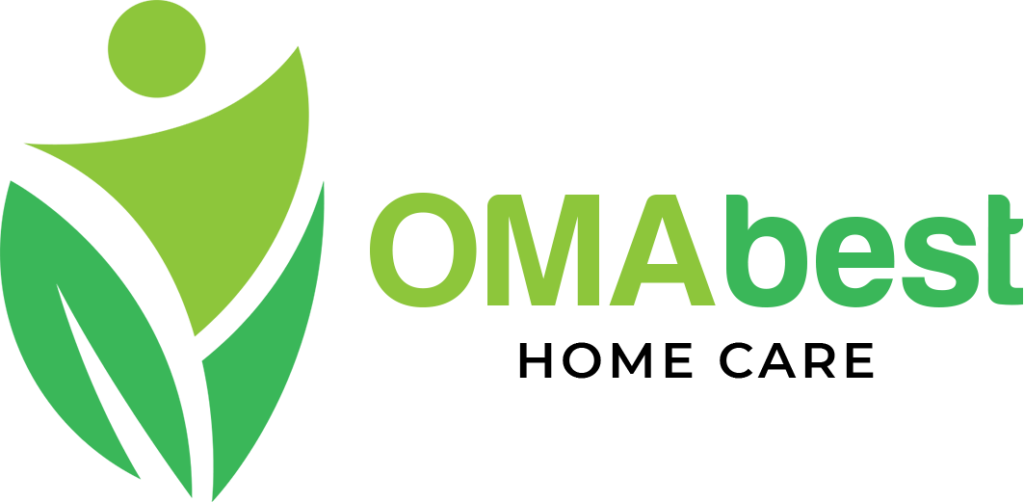Family caregivers play a crucial role in the home health care system, often serving as the primary support for their loved ones. This post will explore how home health care agencies support and enhance the efforts of family caregivers.
- Support and Training:
– Home health care agencies can provide training and resources to help family caregivers perform their duties more effectively. This can include education on medical tasks, safety procedures, and disease management.
– Ongoing support from professional caregivers can help alleviate the stress and burden on family members. - Respite Care:
– Respite care services offer temporary relief to family caregivers, allowing them to take breaks and attend to their own needs and well-being.
– Regular respite care can prevent caregiver burnout and ensure they are able to continue providing high-quality care. - Communication and Coordination:
– Effective communication between professional caregivers and family members is essential for coordinated care. Agencies can facilitate this communication, ensuring everyone is informed and on the same page.
– Caregivers can also help with coordinating medical appointments, managing medications, and tracking health changes, providing peace of mind to family members.
Acknowledging and supporting the role of family caregivers is crucial in the home health care system. By providing resources, training, and respite care, agencies can enhance the quality of care and ensure family caregivers are well-supported in their roles.





